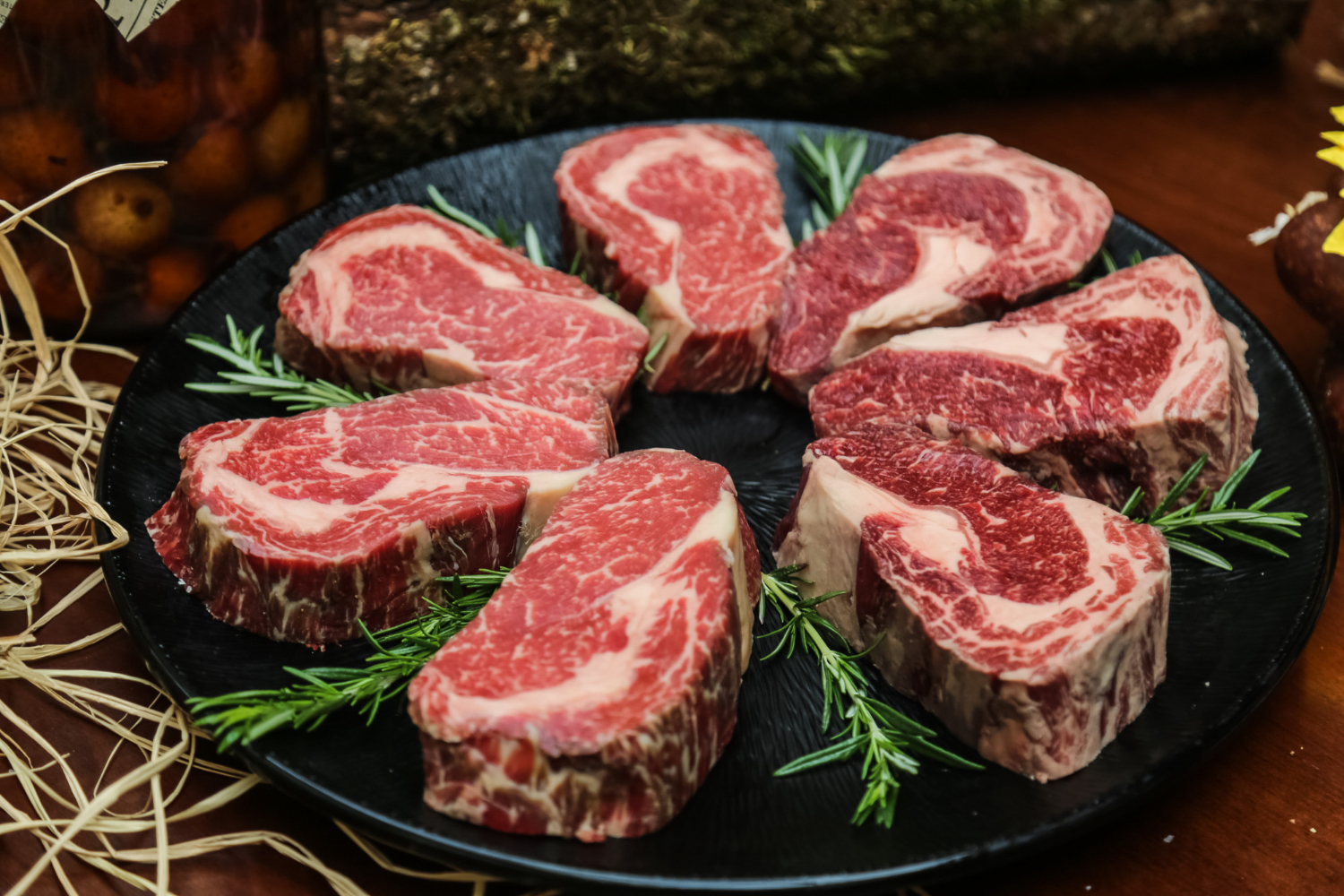When I first saw the CNA headline — “Health experts double down on minimal meat eating call” — on my Facebook feed, I had to do a double take. A diet with just a sliver of meat? It sounded absurd.
But after digging in, I realised this isn’t some trendy clickbait. It’s the EAT-Lancet Commission, a global panel of 37 scientists from 16 countries, revisiting their “planetary health diet” first published in 2019. Their aim is bold: design an eating pattern that keeps people healthier while also protecting the planet.
At first, it sounded extreme. But when I looked at the numbers, it wasn’t quite as radical as my gut reaction made it seem. In fact, the macronutrient breakdown is very workable for an average healthy person. And strangely, it reminded me of Prophet Muhammad’s ﷺ diet — simple, modest, and with meat in moderation.
What the Diet Looks Like
Here’s the proposed daily breakdown:
-
Beef, lamb, pork (for non-Muslims’ of course): ~15 g/day (barely a mouthful)
-
Poultry + fish/seafood: ~30 g/day
-
Dairy: ~250 g/day
-
Vegetables: ~200 g/day
-
Fruits: ~300 g/day
-
Grains: ~210 g/day
Quick approximate macros:
-
Energy: ~2,360 kcal/day
-
Carbohydrates: ~304 g (~51.5%)
-
Protein: ~86 g (~14.6%)
-
Fat: ~89 g (~33.9%)
As the Commission points out, “unhealthy diets are now the leading cause of death worldwide, driving obesity, diabetes and cardiovascular disease.” By shifting to this plant-forward model, they estimate millions of premature deaths could be prevented each year.

They also argue the benefits go beyond our bodies. “Food systems are the single largest driver of climate change, biodiversity loss, freshwater use and pollution,” they wrote — and reducing meat, particularly red and processed meat, could ease that burden.
Echoes of the Prophetic Diet
Reading all this, I couldn’t help but think of the Prophet ﷺ:
-
Meat was not daily fare. It was enjoyed, but sparingly.
-
Staples were simple. Barley bread, dates, milk, fruits, vegetables.
-
Moderation was key. As he taught, “A few morsels to keep the back straight…” and never filling the stomach to excess.
-
Whole, natural foods. No ultra-processed snacks, just basic nourishment.
It struck me that science, after decades of chasing fads and “superfoods,” is circling back to something timeless: a balanced, modest diet that doesn’t glorify excess.
And What About Modern Diets?
Of course, today’s world is obsessed with dietary camps. Keto, carnivore, paleo, intermittent fasting — each has its fan base, and some genuinely help people. For example, keto can stabilise insulin, while carnivore simplifies food choices for those with sensitivities.
But I often feel that they short-term tools. I have, in my circle friends who have tried the above diets, but noone could sustain it. The Prophet’s eating habits — and this modern minimal meat diet — feel more like sustainable lifestyles. They don’t demonise entire food groups. They lean on moderation, balance, and flexibility rather than extremes.
Final Thoughts
I started off dismissing this “15 grams of red meat a day” diet as ridiculous. But the more I read, the more it resonated. Not only does the science make sense — preventing chronic disease, improving longevity — but it also addresses something bigger: our responsibility to the Earth.
The CNA article quoted the Commission directly: “Food systems are the single largest driver of climate change, biodiversity loss, freshwater use and pollution.” By eating less meat and leaning into plant-based foods, we reduce strain on the environment — and that’s not just a health choice, it’s an ethical one.
From an Islamic lens, this hits home. The Qur’an describes humanity as khulafa’ — stewards of the Earth. The Prophet ﷺ taught against wastefulness, even warning not to waste water while standing at a flowing river. Caring for our planet isn’t just activism; it’s worship through responsibility.
So when experts call for minimal meat eating, I now see it less as a restriction and more as an invitation: to live healthier, tread lighter, and honour both our bodies and the Earth.
It feels less like a “new” diet and more like a rediscovery of timeless wisdom — the way the Prophet ﷺ ate: simple, moderate, and mindful of creation.
Have an Opinion? We would love to hear from you!
Drop us a message to feed back on this article, or to suggest any other topics for us to bring up.
Wanna have your business featured on our blog? Contact KOPIŌ to learn how we can enhance your online presence.
Explore More Stories
Dickson Nasi Lemak is Now Certified Halal
Dickson Nasi Lemak has officially received its halal certification. Located at 12 Gopeng Street, within Icon Village, Tanjong Pagar, this eatery based its receipe on a famed nasi lemak restaurant in Kuala Lumpur. Signature Dishes to SavorTheir signature dish, the...
13 Miles Serves Up Sembawang’s Shell Out Cravings
If you’re on the hunt for a certified halal restaurant that delivers bold flavors and an unforgettable dining experience, look no further than 13 Miles. Nestled near Sembawang Shopping Centre, right at the junction of Sembawang Road and Jalan Jeruju, this...
Nasi Lemak Ayam Taliwang vs NEA Saga Simplified
In recent weeks, the saga surrounding Mr. Noorman Mubarak and his Nasi Lemak Ayam Taliwang stall at Yishun Park Hawker Centre has sparked a heated debate over Singapore’s hawker policies. What started as a dispute between Noorman and the hawker centre’s operator,...





